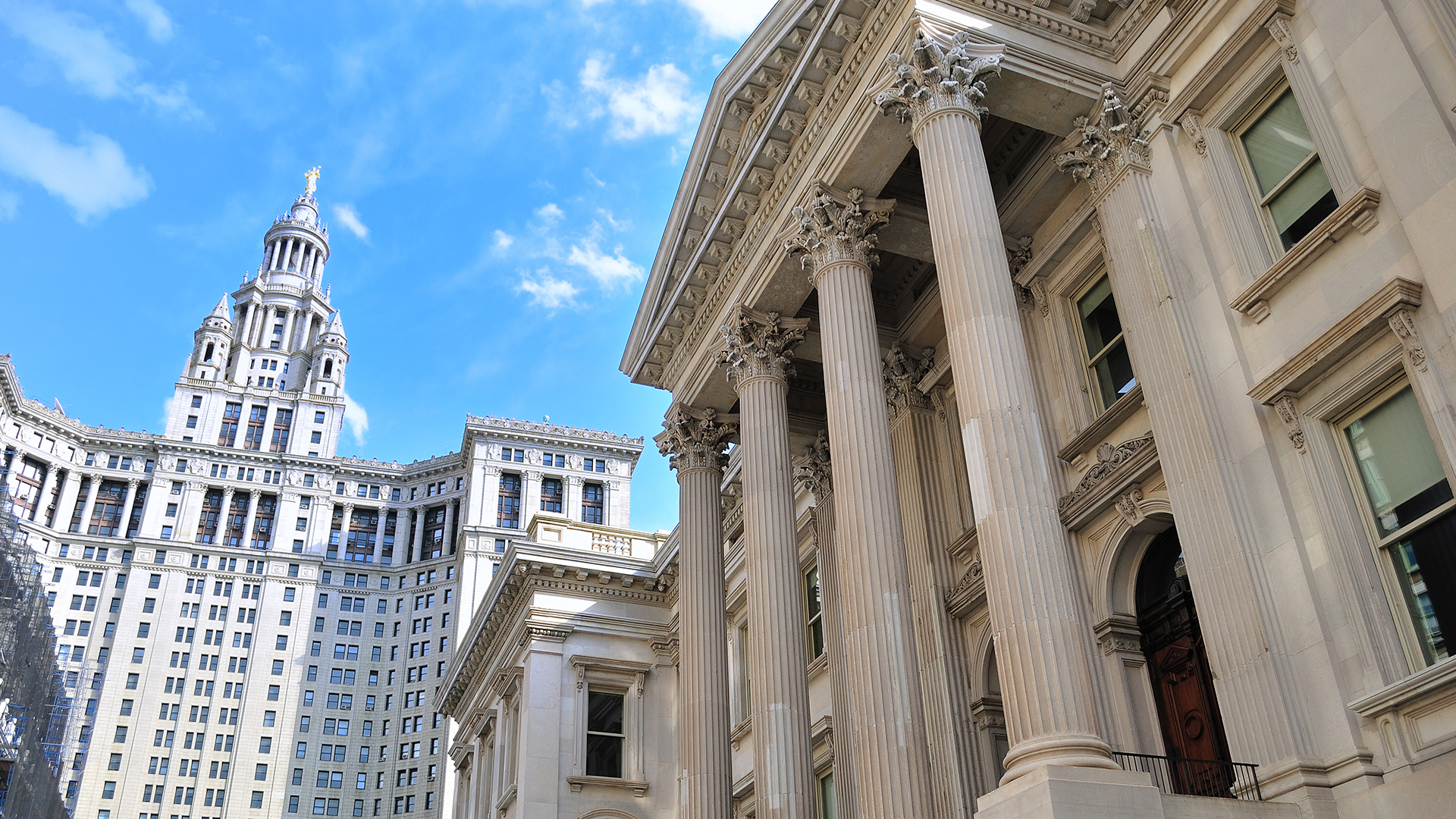
Publication
Generative AI: A global guide to key IP considerations
Artificial intelligence (AI) raises many intellectual property (IP) issues.


United States | Publication | 三月 2020
In two related actions in mid-March, New York Governor Andrew Cuomo and Chief Administrative Judge Lawrence K. Marks attempted to ease burdens on litigants. Although the measures may be necessary to ease the burdens on litigants and the court, the measures may also be seen as subjecting commercial entities to additional uncertainty in this uncertain time.
On March 20, 2020, Governor Cuomo issued Executive Order 202.8, temporarily suspending the limitation periods for commencing, filing or serving any legal actions in New York until April 19, 2020. More particularly, in his Executive Order, Governor Cuomo stated that "[i]n accordance with the directive of the Chief Judge of the State to limit court operations to essential matters during the pendency of the COVID-19 health crisis," he was suspending "any specific time limit for the commencement, filing or service of any legal action, notice, motion, or other process or proceeding, as prescribed by the procedural laws of the state," including the:
Prior to Governor Cuomo's Executive Order, on March 15, 2020, the Chief Administrative Judge of the New York Courts, Lawrence K. Marks, issued "updated operational protocols" due to the "coronavirus public health emergency in New York State" and postponed "all non-essential functions of the courts until further notice." Then, on March 19, 2020, Chief Administrative Judge Marks issued an Administrative Order purporting to "mitigate the adverse effects of the COVID-19 outbreak," ordering that:
"The prosecution of pending civil matters (including discovery) in a manner that requires in-person appearances or travel, or otherwise requires actions inconsistent with prevailing health and safety directives relating to the coronavirus health emergency, is strongly discouraged."
Following Governor Cuomo's March 20, 2020 Executive Order, Chief Administrative Judge Lawrence K. Marks issued another, more restrictive Administrative Order on March 22, 2020, stating:
"Pursuant to the authority vested in me, in light of the emergency circumstances caused by the continuing COVID-19 outbreak in New York State and the nation, and consistent with the Governor of New York's recent executive order suspending statutes of limitation in legal matters, I direct that, effective immediately and until further order, no papers shall be accepted for filing by a county clerk or a court in any matter of a type not included on the list of essential matters attached as Exh. A. This directive applies to both paper and electronic filings."
(Emphasis added).
Designated "essential proceedings" include:
New York is currently one of 13 states we are aware have taken some form of action to toll statute of limitations in the wake of COVID-19. The others are Connecticut, Iowa, Louisiana, Massachusetts, New Hampshire, New Jersey, Ohio, Oklahoma, Pennsylvania, Tennessee, Texas and Virginia. We are continuing to monitor and will update the list on our website.
Special thanks to law clerk Nicholas Poe for his assistance in the preparation of this content.

Publication
Artificial intelligence (AI) raises many intellectual property (IP) issues.
Publication
We are delighted to announce that Al Hounsell, Director of Strategic Innovation & Legal Design based in our Toronto office, has been named 'Innovative Leader of the Year' at the International Legal Technology Association (ILTA) Awards.
Publication
After a lacklustre finish to 2022 when compared to the vintage year for M&A that was 2021, dealmakers expected 2023 to see the market continue to cool in most sectors, in response to the economic headwinds of rising inflation (with its corresponding impact on financing costs), declining market valuations, tightening regulatory scrutiny and increasing geopolitical tensions.
Subscribe and stay up to date with the latest legal news, information and events . . .
© Norton Rose Fulbright LLP 2023